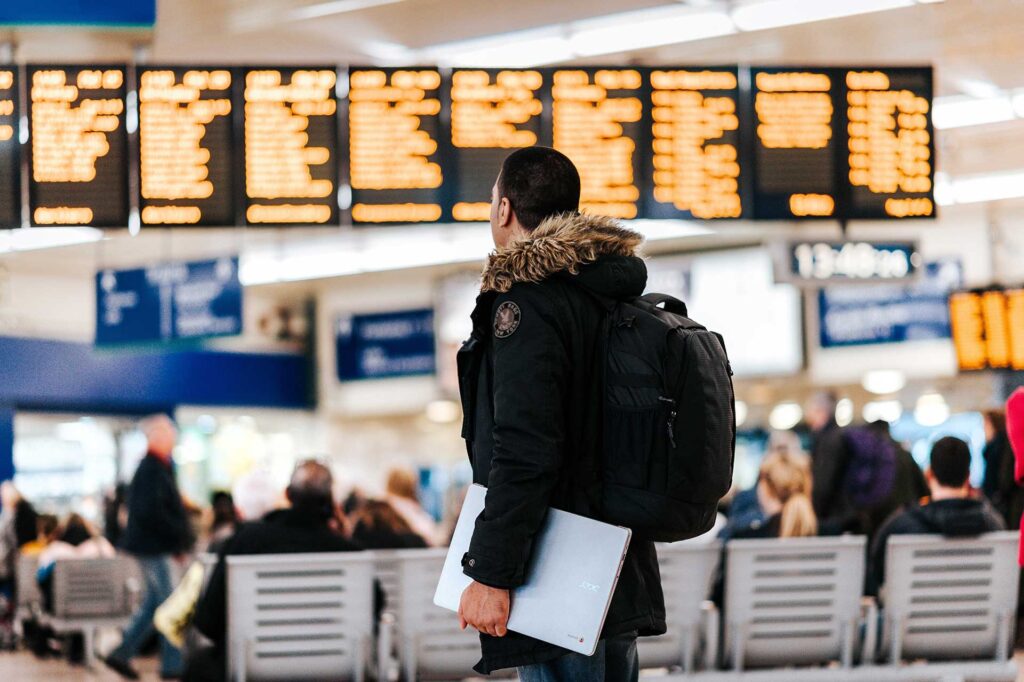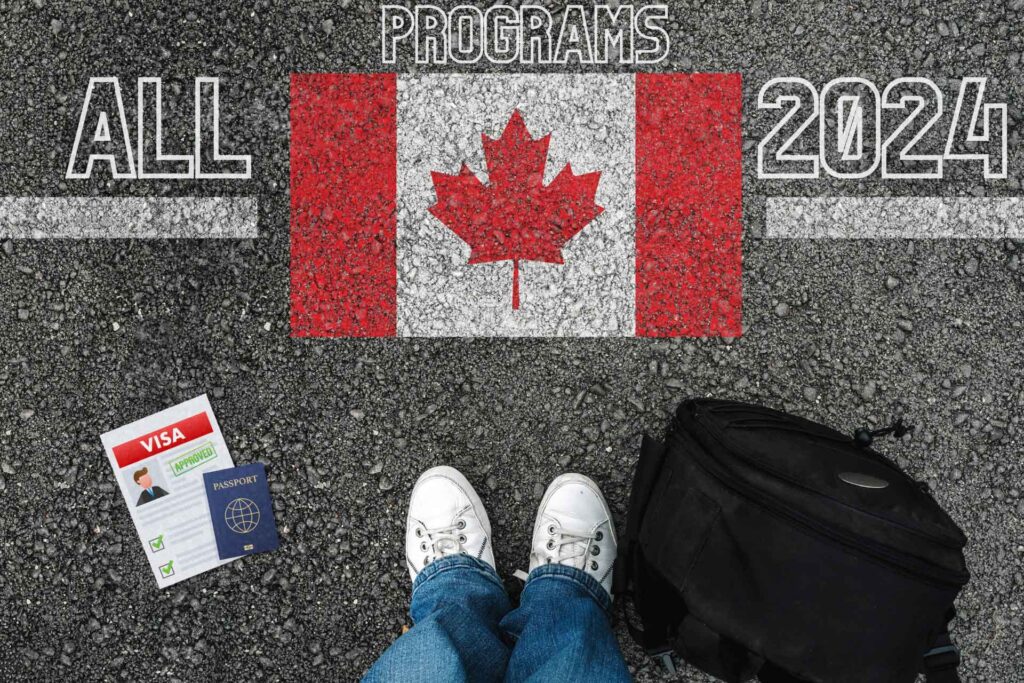Moving abroad is often painted in vibrant hues: a chance to explore bustling new cities, savor exotic cuisines, and immerse yourself in a tapestry of different customs. The anticipation crackles with excitement – a fresh start, a world of possibilities.
But what if, amidst the whirlwind of new experiences, a wave of unexpected emotions washes over you? Frustration with daily tasks, a yearning for familiar routines, and a pang of isolation – these are the hallmarks of culture shock, a very real and often underestimated hurdle for new immigrants.
Culture shock isn’t a sign of weakness; it’s a natural reaction to being uprooted from your comfort zone. Understanding its phases and equipping yourself with coping mechanisms can make the transition smoother, allowing you to embrace the adventure of living abroad with confidence.
I. Understanding Culture Shock: A Roadmap for Transition
Living abroad is an exhilarating experience. New sights, sounds, and flavors bombard your senses, leaving you wide-eyed and eager to explore. This initial honeymoon phase is often romanticized, but beneath the surface lurks a potential challenge: culture shock.
Culture shock is the disorientation and emotional upheaval you experience when confronted with unfamiliar cultural norms, values, and daily life. It’s a universal phenomenon, affecting everyone from students on a semester abroad to seasoned professionals relocating for work.
While the intensity and duration can vary, understanding the different phases of culture shock will equip you to navigate this transition effectively.
The Stages of Culture Shock: A Journey of Adjustment
Culture shock doesn’t hit you all at once. It unfolds in a series of stages, each with its own set of emotions and challenges:
- Honeymoon Phase (Weeks 1-4): This initial period is marked by excitement and fascination. Everything seems new and exotic, and you’re eager to embrace the local culture. are brushed aside, and differences are viewed with amusement.
- Negotiation Phase (Weeks 4-12): As the novelty wears off, the initial excitement gives way to frustration. Daily tasks become more difficult, language barriers become frustrating, and cultural differences begin to grate. You may experience feelings of isolation, homesickness, and even anger.
- Adjustment Phase (Months 3-12): With time and effort, you gradually start to adapt. You develop coping mechanisms, learn the ropes of daily life, and begin to build a social circle. While challenges may still arise, you’ll find ways to navigate them with greater ease.
- Mastery Phase (Year 1+): This final stage is marked by a sense of belonging and confidence. You’ve successfully integrated into your new culture, understand local customs, and feel comfortable navigating daily life. You may even find yourself appreciating the cultural differences that initially caused you frustration.
Factors Affecting Culture Shock:
The severity and duration of culture shock can be influenced by several factors:
- The Degree of Cultural Difference: Moving to a country with a vastly different culture from your own will likely lead to a more intense experience of culture shock.
- Language Barrier: The ability to communicate effectively plays a crucial role in daily life. Difficulty with the local language can exacerbate feelings of isolation and frustration.
- Individual Personality: People with a more adaptable and open-minded personality tend to adjust to new cultures more easily.
- Social Support Network: Having a strong support system, whether it’s friends, family back home, or a local immigrant community, can be a significant buffer against culture shock.

Also Read: The Ultimate Guide to Immigration: From Dream to Reality
II. Strategies for Coping with Culture Shock
Culture shock can be challenging, but with the right strategies, you can navigate this transition effectively and thrive in your new environment. Here are practical tips to help you adjust smoothly:
1. Know Your Purpose:
Understand Why You’re There: Remind yourself of your goals and motivations for moving. Whether it’s for career advancement, education, or personal growth, keeping your purpose in mind can provide clarity and drive.
2. Embrace a Positive Mindset:
Consider this experience an opportunity to broaden your perspective on different cultures. Use it to learn a new language, understand different cultures, and broaden your horizons. Don’t forget to approach new experiences with curiosity. Instead of judging differences, try to understand the reasons for them.
3. Befriend the Locals (Even if You Can’t Speak Their Language Yet):
- Smile is a Universal Language: Don’t underestimate the power of a friendly grin. It breaks the ice and shows you’re open to connecting, even if your words get lost in translation.
- Point, Mimic, Gesture: Charades anyone? Don’t be afraid to act things out – ordering food, asking for directions, or finding a restroom becomes a hilarious adventure (and a great learning experience).
- Buddy Up with a Local: Ask colleagues or neighbors for a coffee date. They’ll appreciate your effort and can be your guide to navigating everyday tasks and hidden local gems.
III. Building a New Life in Your New Country
Conquering culture shock is a significant accomplishment, but the journey doesn’t end there. The next step is building a fulfilling life in your new country. Here’s how to navigate this exciting phase:
- Master the Everyday: Focus on practicalities – opening a bank account, understanding public transportation, and navigating healthcare systems. Utilize online resources and don’t hesitate to seek help from locals or immigrant support services.
- Connect with Your Community: Explore local events, festivals, and cultural activities. Join clubs related to your interests or volunteer your time to a cause you care about. These activities are a fantastic way to meet like-minded people and feel a sense of belonging.
- Maintain Your Roots, Build New Branches: Don’t abandon your cultural heritage. Celebrate traditional holidays with friends from back home or connect with online communities. However, also embrace the opportunity to integrate local customs into your life – a healthy balance is key.
Building a new life takes time and effort, but with a proactive approach and a positive mindset, you’ll transform your new country from a temporary stay to a cherished home.



